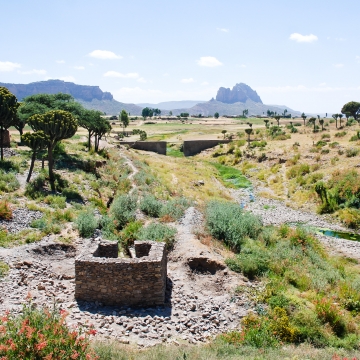Pesticide use, production risk and shocks. The case of rice producers in Vietnam
In this paper, we try to understand pesticide input decisions among Vietnamese rice producers by examining the production risk effects of pesticide use, applying both a lottery game and a more traditional production function approach. Production function estimates show that excessive pesticide use makes production riskier. This result is supported by the lottery approach, which signals that more risk averse farmers use less pesticide, implying that pesticide is a risk-increasing input.



